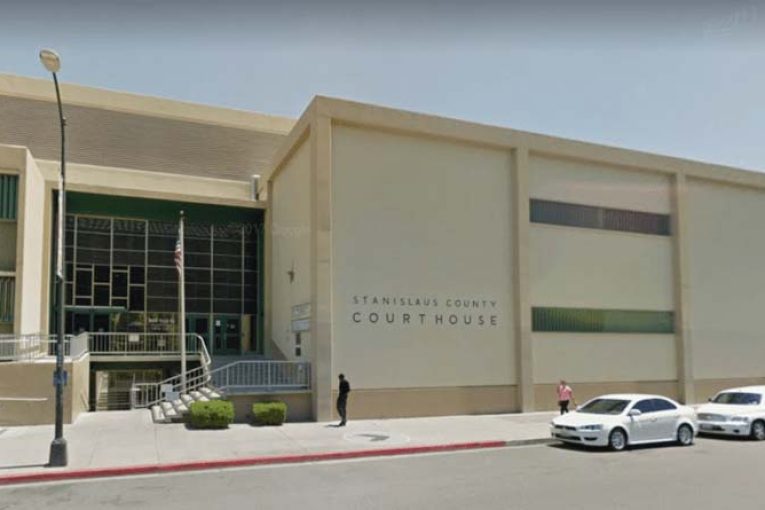
 By Nora Dahl
By Nora Dahl
MODESTO, CA – Rachel Wesley Smith walked into Stanislaus County Superior Court with six open cases—two of them alleged felonies—late last week.
Judge Shawna Reeves was eager to begin, calling to order case 868, one that the defense attorney optimistically suggested would be quickly resolved.
Not quite.
Reeves, already having ruled in court for the past hour, had not seen a single hearing develop on the stand. The judge had called three cases, all of which were postponed and set for later dates.
It seemed as if virtually every defense attorney that came into Reeves’s courtroom needed additional time to formulate their defense and compile necessary additional discovery.
As it turned out, despite the optimism of the defense, Smith’s attorney also needed more time. Originally set to take two hours, the case required more time, he said.
The defense asked the court to trail Smith’s extra five cases after case 868’s preliminary hearing. Essentially, the attorney was saying that none of Smith’s matters would reach the Stanislaus County Superior Court Department 1 stand that day.
Judge Reeves inquired if this additional discovery meant new interviews—both the defense and district attorney simultaneously answered yes.
Johnson requested May 20 to set case 868. Reeves had to decline this offer because she already had two preliminary hearings scheduled for that day. And the busy judge has several trials that week.
Judge Reeves then graciously offered up her non-trial week in early June for the case. However, the defense attorney would be “out of town” for the week, muttering, “Just set the prelim for May 26.” Reeves had to remind the attorney that she had eight cases, and five-six preliminary hearings that day.
Finally, the judge asked the defense and district attorney if April 22 works for them.
This time it was the prosecution that had a problem with the date, complaining “two weeks is too short notice.” She declared that more reports along with additional evidence would be streaming in at this time, and she needed more time to ensure that her civilian witness would be present.
Fed up with this fruitless exercise, the judge asserted that 10 days is “really the statutory time” and if “the People can’t get the case together in 10 days that is just too bad.”
The defense attorney then asked if the judge was referring to April or May 22. Reeves confirmed that she had in fact been referring to April. The defense attorney laughed, saying he thought she had been talking about May, and that he would actually be out of town the week of April 22.
Frustrated and defeated, Judge Reeves settled on May 13—working case 868’s estimated two-hour preliminary hearing into her otherwise already hectic schedule for the day.